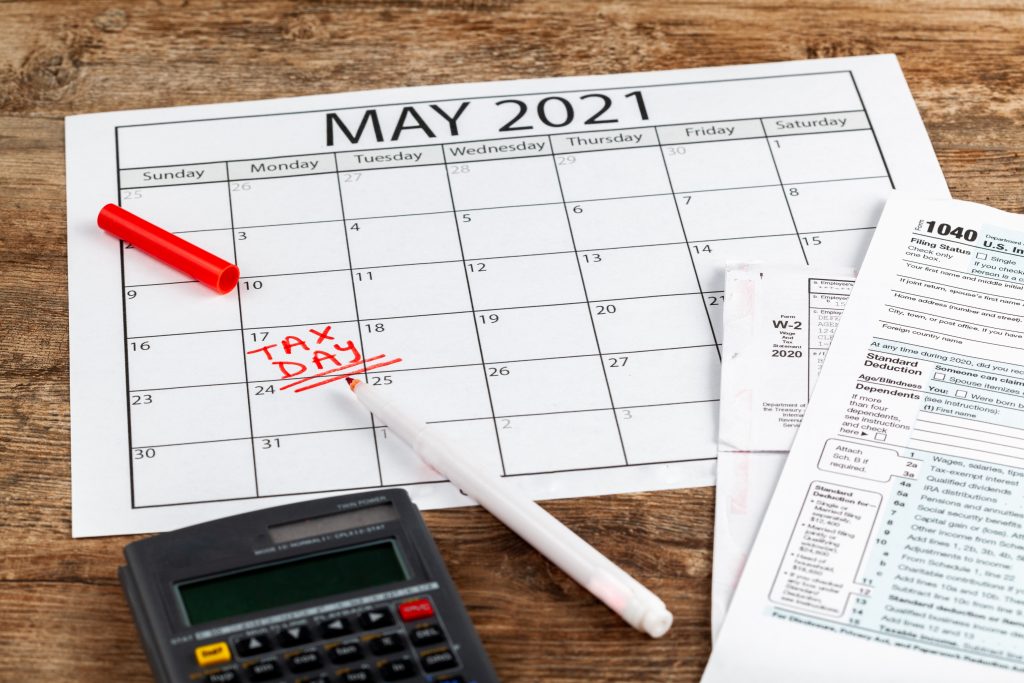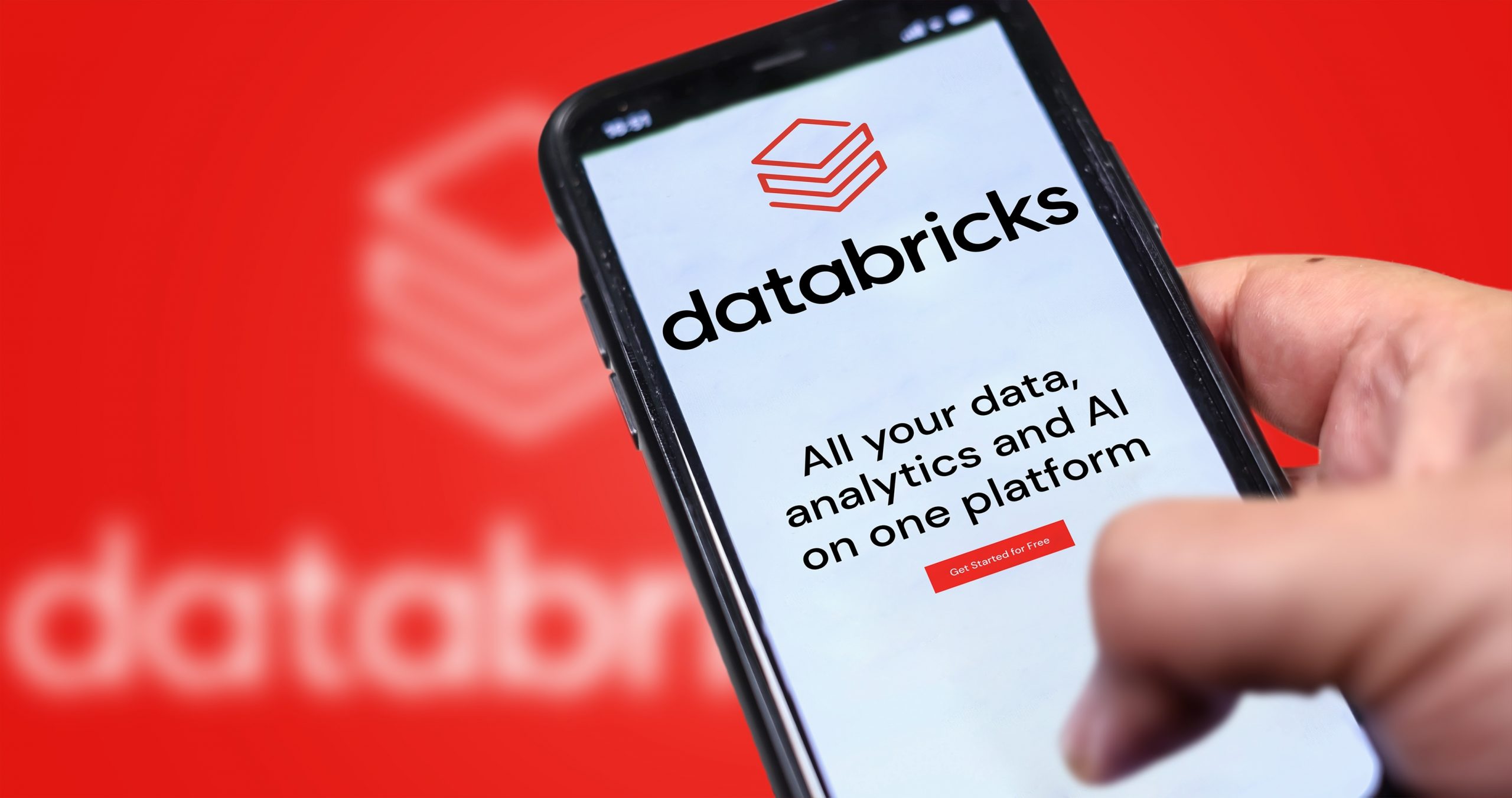Tax Day: Crypto, NFT and Stimulus Check Answers
Tax day in 2021 has been delayed from April 15 until May 17, which may prove helpful as filers prepare their returns for a slew of new asset classes and income sources—from non-fungible tokens (NFTs) to stimulus checks.

Pushed back from its traditional April 15 deadline, May 17, 2021 is officially Tax Day in the United States.
That’s likely a welcome reprieve for the Internal Revenue Service (IRS), which spent the early part of 2021 issuing stimulus checks, and is rumored to be so backed up that its still processing returns from as far back as 2019.
Regardless, tax filers not able to meet the May 17 deadline can still request an automatic extension using Form 4868. Submitting this form gives taxpayers until Oct. 15, 2021 to file a return. To get the extension, taxpayers must estimate their tax liability on this form, pay any owed taxes, and submit the form by end-of-day on May 17.
For those owing money, the penalty for not filing one’s taxes on time is 5% of unpaid taxes for each month that the return is late, maxing out at 25%. Those that file on time, but fail to pay, are charged 0.5% per month, to a maximum 25%.
If a filer is expected to receive a refund, there is no levy applied for filing late—the only negative being a delay in receiving said refund.
And given the outlandish nature of the previous 15 months, tax filers may have a couple of new items on their 2020 returns. Or at minimum, new questions about the tax treatment of stimulus payments, unemployment income, non-fungible tokens (NFTs) and other cryptocurrency assets.
Some of the most pertinent questions are addressed below, but taxpayers should always consult with a tax professional in the event of any uncertainty. The Tax Center at tastyworks is also a valuable resource.
Stimulus Checks
The good news is that tax filers receiving stimulus checks during 2020 are not required to report that money as income on their tax returns. If a taxpayer accidentally listed stimulus payments as income, he/she should likely follow-up with the IRS to claim an associated refund, if applicable.
Unemployment Income
For tax filers that received unemployment income in 2020, there’s additional good news—especially for those taxpayers with a 2020 modified adjusted gross income (AGI) of less than $150,000.
Based on language included in the American Rescue Plan (enacted on March 11, 2021), up to $10,200 of unemployment compensation paid in 2020 can be excluded from income taxes (assuming the taxpayer’s AGI is below $150,000). For married couples, each spouse receiving unemployment compensation likewise does not have to pay income tax on unemployment compensation of up to $10,200.
Amounts over $10,200 in unemployment income are still taxable. And if modified AGI is $150,000 or more, tax filers can’t exclude any unemployment compensation in 2020.
Trading and Investment Activity
Given the explosion in trading volumes during the last 15 months, it’s guaranteed there will also be many new tax filers reporting such activity in their 2020 returns.
While such reporting can be complex—depending on the type of products traded and degree of activity—there are plenty of online resources available to assist investors and traders with associated tax-reporting rules and guidelines.
In general, if an asset held for twelve months or less is sold for a profit, it is considered a short-term capital gain. Short-term capital gains are taxed at the taxpayer’s normal tax rate (i.e. “ordinary rate”).
On the other hand, if an asset held for more than twelve months is sold for a profit, it is considered a long-term capital gain. Currently, long-term capital gains are taxed at a maximum of 20% (actual rate varies by taxpayer).
If an asset held for twelve months or less is sold for a loss, it is considered a short-term capital loss. Net short-term losses are limited to a maximum deduction of $3,000 per year, which can be used against earned or other ordinary income.
And finally, if an asset held for more than twelve months is sold for a loss, it is considered a long-term capital loss. Long-term capital losses are generally deductible up to $3,000 per year against other types of income. Any amount over $3,000 is carried forward and deducted at $3,000 per year until it is completely deducted or offset by capital gains.
Cryptocurrencies and Non-Fungible Tokens (NFTs)
Because cryptocurrencies like Bitcoin are treated as “property” by the IRS, any profits from such trades/investments are subject to capital gains taxes.
But taxpayers only owe such levies when those gains are recognized. Meaning that investors and traders of cryptocurrencies would have needed to buy and sell a given position for a profit in 2020 to owe such taxes. If a cryptocurrency position was initiated in 2020, but not closed (i.e. sold), then taxes wouldn’t yet be owed on any related gains.
Crypto-related trades are categorized by short-term and long-term gains/losses and taxed accordingly.
Lastly, a short tax note on the non-fungible token (NFT) craze. NFTs are one-of-a-kind digital collectibles that are authenticated using blockchain technology and purchased using cryptocurrencies. However, despite being labeled “collectibles,” NFTs are categorized the same as cryptocurrencies when it comes to taxes (i.e. as “property”).
Taxable NFT-related activities therefore may include: purchasing an NFT using a fungible crypto-asset such as Bitcoin, selling an NFT for another NFT (i.e. swapping NFTs), and selling an NFT for a fungible crypto asset (i.e. a digital coin).
Physical Collectibles
Physical collectibles, on the other hand, are defined as works of art, rugs, antiques, metals (such as gold, silver, and platinum bullion), gems, stamps, coins, and alcoholic beverages (among other items), and have their own tax category.
If physical collectibles are held for more than one year, they are taxed at a maximum rate of 28% (actual rate varies by taxpayer). If they are held for twelve months or less they are taxed at the taxpayer’s normal tax rate (i.e. “ordinary rate”).
For more on tax-related information pertinent to trading and investing, readers may want to review this previous installment of Tasty Extras on the tastytrade financial network. The aforementioned Tax Center at tastyworks should also prove helpful.
To follow everything moving the markets, readers can also tune into TASTYTRADE LIVE—weekdays from 7 a.m. to 4 p.m. CST—at their convenience.
Sage Anderson is a pseudonym. He’s an experienced trader of equity derivatives and has managed volatility-based portfolios as a former prop trading firm employee. He’s not an employee of Luckbox, tastytrade or any affiliated companies. Readers can direct questions about this blog or other trading-related subjects, to support@luckboxmagazine.com.



















